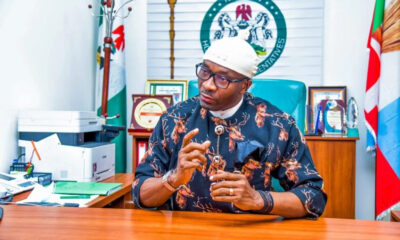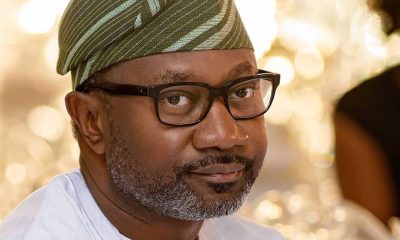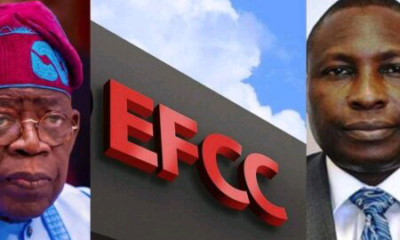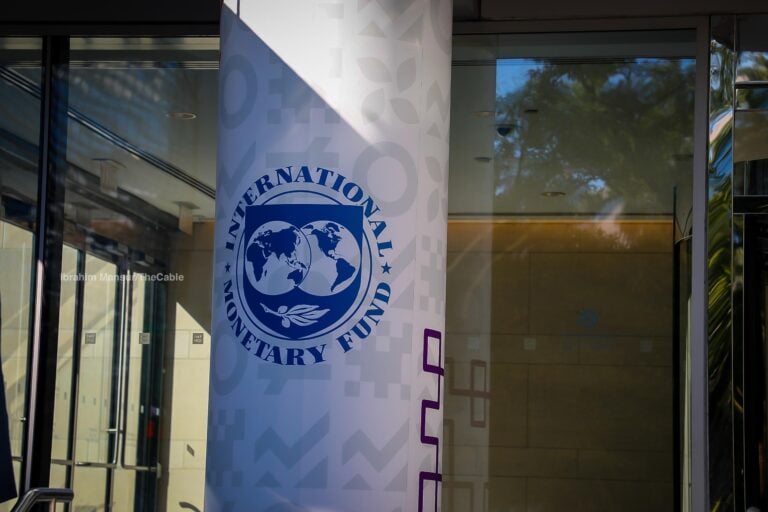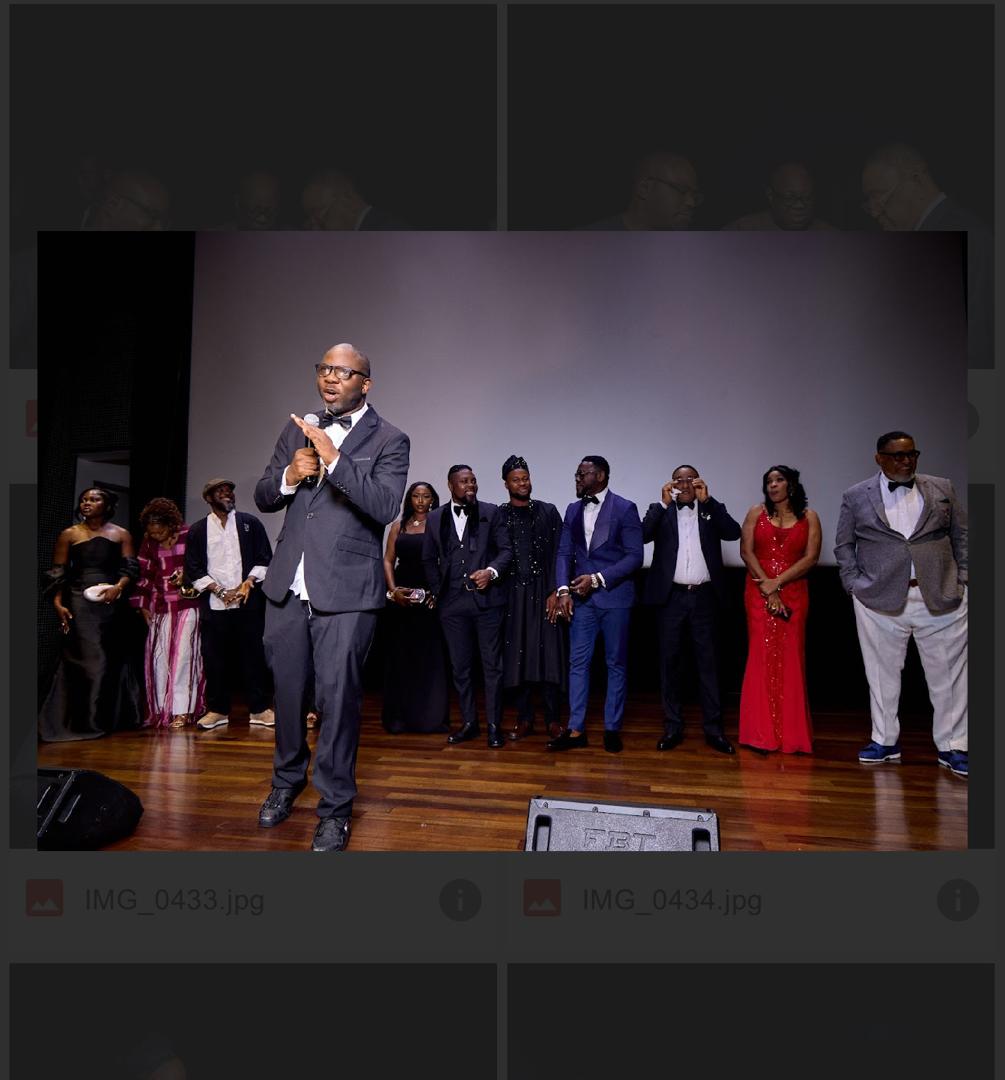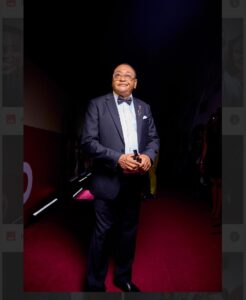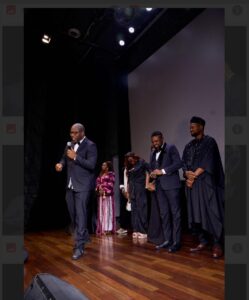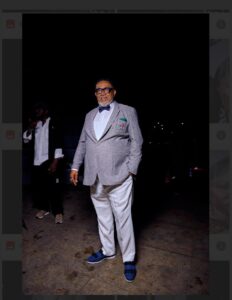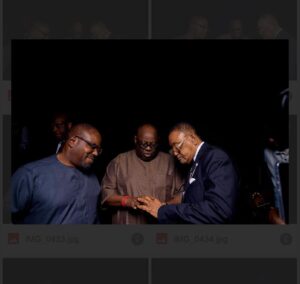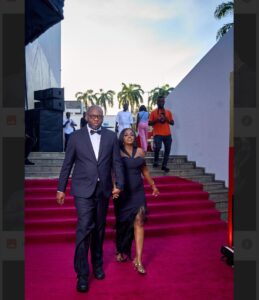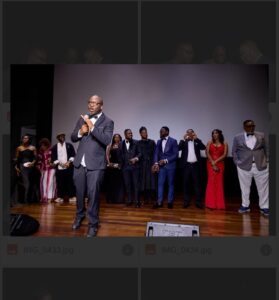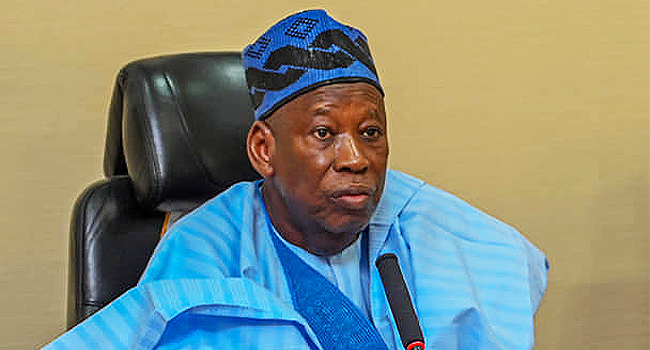The Kano State Government has instituted legal action at the Kano State High Court against former Governor Abdullahi Umar Ganduje, his two sons, and several associates over an alleged diversion of public funds totaling ₦4.49 billion.
The case, filed on October 13, 2025, seeks to recover the state’s 20 per cent equity stake in Dala Inland Dry Port Limited and reclaim funds the government says were misappropriated.
According to court filings, the defendants include Dr Abdullahi Umar Ganduje, his sons Umar Abdullahi Umar and Muhammad Abdullahi Umar, Abubakar Sahabo Bawuro, a former special adviser, Hassan Bello, a former Executive Secretary of the Nigerian Shippers Council, Adamu Aliyu Sanda, a legal practitioner, and Dala Inland Dry Port Limited.
The government’s charge sheet lists ten counts, covering allegations of criminal conspiracy, misappropriation of public funds, breach of trust, and conflict of interest.
Prosecutors allege that the defendants conspired to fraudulently transfer 80 per cent of the company’s shares, including the state’s 20 per cent equity, to private entities through a shell company known as City Green Enterprise.
According to investigators, the transaction was structured to hide the real ownership of the dry port project, which was originally conceived to boost Kano’s economic development.
“The defendants deliberately hijacked a federal initiative and used proxies and fake entities to conceal the diversion of public assets meant for the people of Kano State,” the prosecution stated.
The government further alleges that over ₦4.49 billion in public funds was siphoned under the guise of financing infrastructure at the dry port, including a double carriageway, electricity, and fencing projects.
Investigators claim these projects were executed with state funds but designed to benefit private companies linked to the accused individuals.
“These projects were funded with state resources but tailored to benefit private and family interests. This is not just a betrayal of public trust but a systematic looting of public wealth,” a source close to the investigation revealed.
Court documents indicate that Abdullahi Haruna, the Kano State Government’s representative on the board of Dala Inland Dry Port Limited, was excluded from the alleged share transfer, which was said to have been executed unilaterally by Ganduje.
“The prosecution will prove beyond a reasonable doubt that the equity transfer was neither legal nor transparent,” prosecutors added. “Key board members were sidelined. A governor cannot single-handedly transfer state assets into private hands.”
The state is expected to present several witnesses, including the lead investigating officer and a former stakeholder who claims he was excluded from the transaction.
Prosecutors will also tender policy documents from the Olusegun Obasanjo administration to support Kano’s claim of a 20 per cent stake in the project.
Additionally, documents alleged to have been falsified to mislead regulators and records of a ₦750 million transaction routed through Safari Textile Ltd (STL Enterprise)—said to be a front company—will be presented as evidence.
The case has been assigned to High Court 2 of the Kano State Judiciary, presided over by Justice Yusuf Ubale, though a trial date has not been fixed.
“The government is committed to accountability and the recovery of all looted funds and properties,” a senior official of the Kano State Ministry of Justice said. “This is about protecting public resources, not personal vendettas.”
Efforts to obtain comments from Ganduje or his legal representatives were unsuccessful at the time of filing this report.
Credit: Channels TV

 BIG STORY3 days ago
BIG STORY3 days ago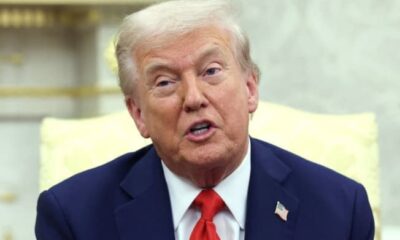
 BIG STORY2 days ago
BIG STORY2 days ago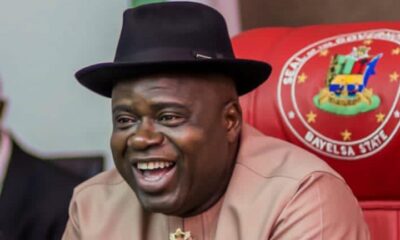
 BIG STORY2 days ago
BIG STORY2 days ago
 BIG STORY4 days ago
BIG STORY4 days ago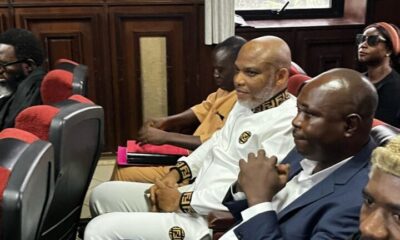
 BIG STORY1 day ago
BIG STORY1 day ago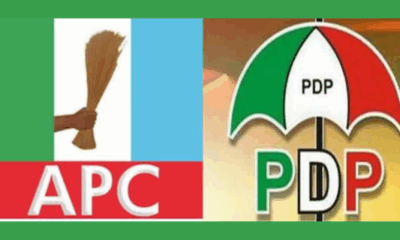
 BIG STORY3 days ago
BIG STORY3 days ago
 BIG STORY1 day ago
BIG STORY1 day ago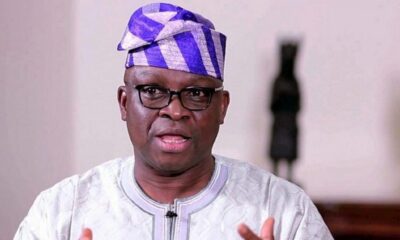
 BIG STORY1 day ago
BIG STORY1 day ago







